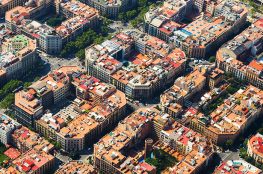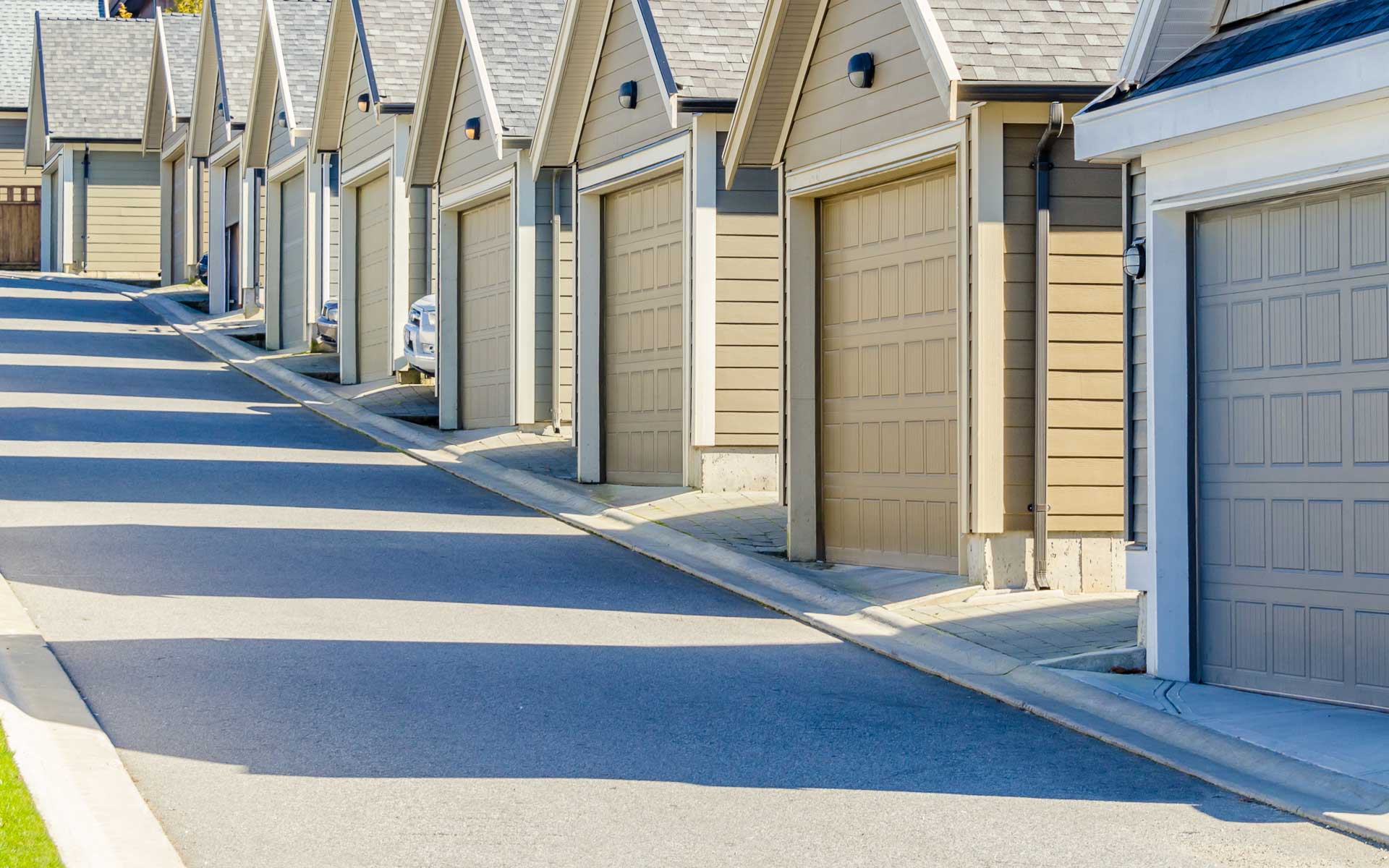What Can We Expect From an Open Source Community Project
We've been creating a lot of social media applications at work for the last three or four years and lately I've felt like all this valuable community data lives within unique eco-systems (facebook, twitter, instagram, etc) and isn't effectively shared or compiled. How is facebook helping my community other than letting me know which events all my friends are going to? There's no denying that digital media, in particular social networks, have changed our ideas about communities and our participation within them--for both good and bad. But fundamentally, communityis a space where you live and participate whether it's digital or IRL.
There are obvious concerns that people have with privacy, but in a community development project I think that they are overstated. People openly assist with the yearly census, geo-tag tweets and instagrams, check-in with foursquare, so for these purposes, I'm going to believe that privacy isn't an issue -- if you're participating in this project you have a direct interest in the communities that you live and work in.
I live and work in Calgary's Mission community and most of my early beta-ideas are going to take place around here. My community was highlighted in International news last year as we experienced an incredible flood that had a huge impact on the whole city and surrounding areas. Here's a decent introduction to the events: Calgary Flooding . I live right on the river, so had an interesting perspective on the events (a blog post for another day).
There were lots of people talking about climate change, pure chance, unpreparedness, etc. but to my mind, none of those answers (or angers) are really the issue here. Could we have done anything with open source data to better prepare the city, the people and the communities to deal with this horrible event? I think we could have and there are certainly smarter people than myself working on the flooding issue. But, for me, it highlights a time when everyone in the city was #hashtagging and looking out for each other by sharing information very openly.
Google Trends provides us with an example of an extreme graph that resulted from people looking for information about the flood:
Twitter allows us to do similar graphing with historical hashtag tracking, as does instagram. The flood example is an outlier, which is why I mention it because it hits home for a lot of people and the data jump is obvious as charted in the example above.
I'm more concerned with exploring ways that we can use data in communities to enhance our lives than guarding against calamity. I'm going to start with smaller ideas like charting the migration patterns of birds, the emergence of budding leaves and walking commuter traffic as ways to try and introduce some of the ideas that I think are easy to implement.
Then I want to look at ways that we can get better contribution when orchestrating new community initiatives.
As is stated in the about section, I have no expertise in urban planing (NONE), but believe that my community (and others) could use data and group thinking more effectively to enhance all of our lives.




